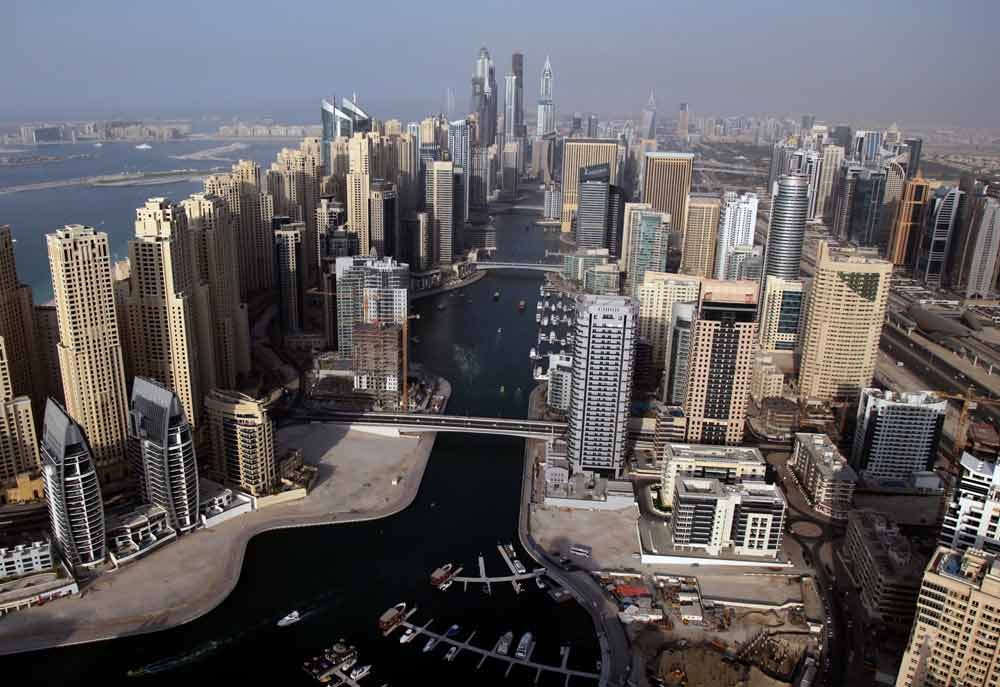The weakness of the Russian rouble directly contributed to a decline in RevPAR in the Middle East and Africa for Starwood Hotels and Resorts Worldwide in 2014, with Dubai in particular affected.
Announcing its fourth quarter results yesterday, the company revealed that RevPAR across the region, systemwide, fell 1.8% year-on-year in actual dollar terms to US $132.02.
In an earnings call, CFO and EVP Tom Mangas detailed the impact of the economic problems in Russia.
“The decline in Russia inbound travel to the Africa and Middle-East regions, especially Dubai, due to the weak rouble contribute to RevPAR declines of 30 basis points in our Africa, Middle-East region,” he said, according to a transcript produced by Seeking Alpha.
“For the Africa, Middle-East region, average daily rate was down 1.5% but occupancy increased 70 basis points.”

| Advertisement |
For the 12 months to the end of December, Starwood saw RevPAR rise 1.5% across the region to $119.82, with ADR down 0.4% to $195.11 and occupancy up 1.1 percentage points to 61.4%.
Worldwide systemwide RevPAR for increased 5.8% in constant dollars (4.9% in actual dollars) compared to 2013, while management fees, franchise fees and other income increased by 9.5%.
In 2015, the company is expecting RevPAR to increase by 5-7% worldwide in constant dollars, while in the first quarter it is forecasting growth of 4-6%.









 Search our database of more than 2,700 industry companies
Search our database of more than 2,700 industry companies









